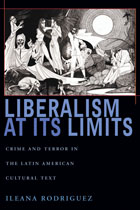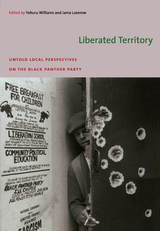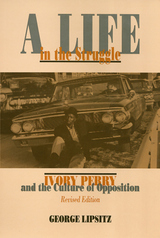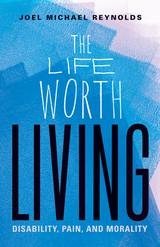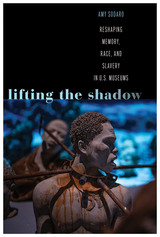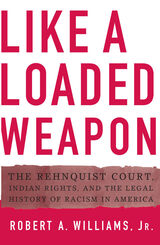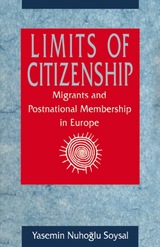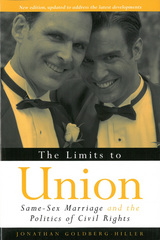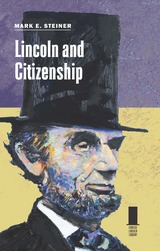Paper: 978-0-8166-5885-5
American Literary Naturalism, a Divided Stream was first published in 1956. Minnesota Archive Editions uses digital technology to make long-unavailable books once again accessible, and are published unaltered from the original University of Minnesota Press editions.
The literary concept of naturalism perpetually contradicts itself, oscillating between the transcendental affirmation of human freedom and the demonstration of its nonexistence. In this tension it gropes for forms that will satisfy both demands. These contradictions, and this divided stream, Mr. Walcutt shows, represent the central intellectual and social problem of the modern world, where the confusions between materialism and religion are ubiquitous.
In tracing the development of naturalism in the novel, the author provides a background with chapters on naturalistic theory and the theory and practice of Emile Zola. He then traces the shifts in form through the worlds of Harold Frederic, Hamlin Garland, Stephen Crane, Jack London, Frank Norris, Winston Churchill, Theodore Dreiser, Sherwood Anderson, James T. Farrell, John Steinbeck, Ernest Hemingway, and John Dos Passes.
College English commented: "This is a book that will clarify some of the confusion that teachers and students face when they discover that naturalistic novels do not always follow naturalistic theory."
Writing in Prairie Schooner, Ihab Hassan pointed out: "In speculating on the origins of naturalism, in perceiving the inner contradictions of its spirit and the tensions of its form, and in following its full and vital sweep as it allies itself now with impressionism, now with expressionism, Professor Walcutt manages to throw new light on a major movement in American letters."
See other books on: American Literary Naturalism | Literary Criticism | Walcutt, Charles Child
See other titles from University of Minnesota Press

